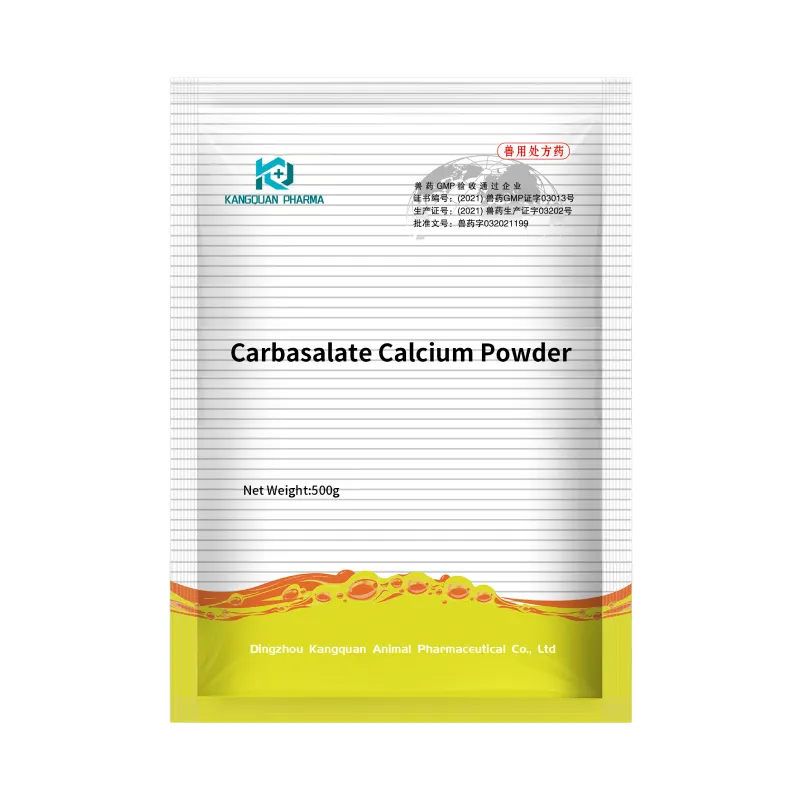- Afrikaans
- Albanian
- Amharic
- Arabic
- Armenian
- Azerbaijani
- Basque
- Belarusian
- Bengali
- Bosnian
- Bulgarian
- Catalan
- Cebuano
- Corsican
- Croatian
- Czech
- Danish
- Dutch
- English
- Esperanto
- Estonian
- Finnish
- French
- Frisian
- Galician
- Georgian
- German
- Greek
- Gujarati
- Haitian Creole
- hausa
- hawaiian
- Hebrew
- Hindi
- Miao
- Hungarian
- Icelandic
- igbo
- Indonesian
- irish
- Italian
- Japanese
- Javanese
- Kannada
- kazakh
- Khmer
- Rwandese
- Korean
- Kurdish
- Kyrgyz
- Lao
- Latin
- Latvian
- Lithuanian
- Luxembourgish
- Macedonian
- Malgashi
- Malay
- Malayalam
- Maltese
- Maori
- Marathi
- Mongolian
- Myanmar
- Nepali
- Norwegian
- Norwegian
- Occitan
- Pashto
- Persian
- Polish
- Portuguese
- Punjabi
- Romanian
- Russian
- Samoan
- Scottish Gaelic
- Serbian
- Sesotho
- Shona
- Sindhi
- Sinhala
- Slovak
- Slovenian
- Somali
- Spanish
- Sundanese
- Swahili
- Swedish
- Tagalog
- Tajik
- Tamil
- Tatar
- Telugu
- Thai
- Turkish
- Turkmen
- Ukrainian
- Urdu
- Uighur
- Uzbek
- Vietnamese
- Welsh
- Bantu
- Yiddish
- Yoruba
- Zulu
8 月 . 01, 2024 05:41 Back to list
Exploring the Uses and Effects of Dexamethasone Sodium Injection in Medical Treatments
Dexamethasone Sodium Injection An Overview
Dexamethasone sodium injection is a potent corticosteroid medication that plays a critical role in the treatment of various inflammatory and autoimmune conditions. As a synthetic glucocorticoid, dexamethasone is known for its anti-inflammatory and immunosuppressive properties, making it an essential tool in modern medicine.
Mechanism of Action
Dexamethasone works by mimicking the effects of naturally occurring hormones produced by the adrenal glands. It binds to glucocorticoid receptors within cells, resulting in the modulation of gene expression. This action leads to decreased production of inflammatory mediators such as prostaglandins and leukotrienes. Consequently, dexamethasone reduces inflammation, alleviates pain, and suppresses the immune response.
Indications
The therapeutic applications of dexamethasone sodium injection are extensive. It is commonly used in the management of conditions such as
1. Allergic Reactions Severe allergic reactions, including anaphylaxis, can be treated effectively with dexamethasone to reduce inflammation and control the immune response. 2. Autoimmune Diseases Conditions like rheumatoid arthritis, lupus, and multiple sclerosis may require immunosuppressive therapy, and dexamethasone can help minimize symptoms and prevent disease flare-ups.
4. Cancer Treatment Dexamethasone is often used as part of chemotherapy regimens to alleviate nausea and vomiting and to treat certain blood cancers like leukemia and lymphoma.
dexamethasone sodium injection

5. Cerebral Edema In cases of swelling in the brain due to tumors or other conditions, dexamethasone can reduce pressure and provide symptom relief.
Dosage and Administration
Dexamethasone sodium injection can be administered intramuscularly, intravenously, or intra-articularly depending on the condition being treated. The dosage varies widely based on the severity of the condition, the patient’s age, weight, and overall health. Due to its potent effects, the administration of dexamethasone should be guided by a healthcare professional, with careful monitoring for potential side effects.
Side Effects and Precautions
While dexamethasone is highly effective, it is not without risks. Common side effects include increased appetite, weight gain, insomnia, and mood changes. Prolonged use can lead to more serious complications such as osteoporosis, adrenal suppression, and increased susceptibility to infections.
Patients with certain pre-existing conditions—such as diabetes, hypertension, and peptic ulcer disease—should use dexamethasone with caution. Regular follow-up with a healthcare provider is essential to manage these risks and to adjust the treatment regimen as needed.
Conclusion
Dexamethasone sodium injection remains a vital medication in the therapeutic arsenal against a variety of medical conditions. Its ability to swiftly reduce inflammation and modulate immune responses has made it indispensable in many acute and chronic settings. However, as with any powerful drug, its use requires careful consideration and management to minimize side effects and optimize patient outcomes. Healthcare professionals must weigh the benefits against the risks, ensuring that patients receive the most appropriate treatment tailored to their individual needs.
-
The Power of Radix Isatidis Extract for Your Health and Wellness
NewsOct.29,2024
-
Neomycin Sulfate Soluble Powder: A Versatile Solution for Pet Health
NewsOct.29,2024
-
Lincomycin Hydrochloride Soluble Powder – The Essential Solution
NewsOct.29,2024
-
Garamycin Gentamicin Sulfate for Effective Infection Control
NewsOct.29,2024
-
Doxycycline Hyclate Soluble Powder: Your Antibiotic Needs
NewsOct.29,2024
-
Tilmicosin Premix: The Ultimate Solution for Poultry Health
NewsOct.29,2024













